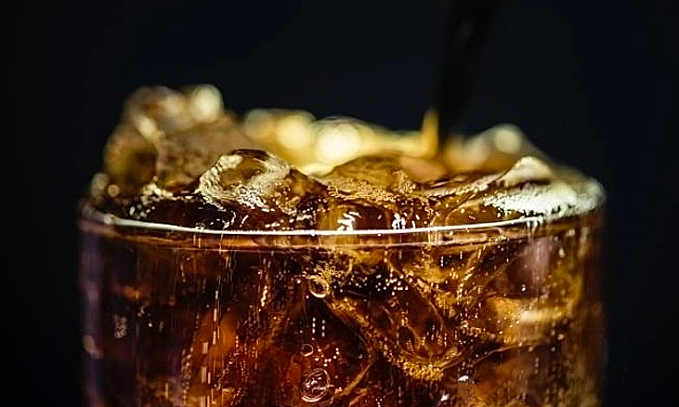Vietnam plans to introduce a special consumption tax on sugary drinks starting in 2027. Under a draft law proposed by the Ministry of Finance, beverages containing more than 5 grams of sugar per 100 ml will be subject to an 8% tax in the first year, rising to 10% from 2028. This policy aims to reduce sugar consumption and address growing health concerns.
Doctor Truong Tuyet Mai, Deputy Director of the National Institute of Nutrition, stated that taxation is an effective policy tool to influence consumer behavior and help control the rise of non-communicable diseases.
Data reveals that sugary drink consumption in Vietnam has doubled in the past decade, reaching 6.67 billion liters in 2023. Regular consumption of these beverages contributes to overweight, obesity, and increases the risk of type 2 diabetes, cardiovascular disease, and other metabolic disorders.
This situation is particularly concerning among young people. In 2019, 33.9% of students aged 13-17 consumed sugary drinks at least once a day. Meanwhile, the national overweight and obesity rate has risen from 8.5% in 2010 to 19% in 2020.
According to Dr. Mai, both sugar-sweetened and artificially sweetened beverages stimulate sugar cravings, increase hunger, and can be addictive.
The economic burden of these health issues is substantial. In 2019, the estimated cost of obesity reached 3.69 billion USD (1.1% of GDP) and could increase 28-fold by 2060 without intervention.
A study by the Hanoi University of Public Health indicates that a 20% increase in retail prices due to the tax could reduce Vietnam's obesity rate by 1.5%, prevent 80,000 cases of diabetes, and save the healthcare system nearly 800 billion VND.
 |
High consumption of sugary drinks is harmful to health. Photo: MedicalDaily |
High consumption of sugary drinks is harmful to health. Photo: MedicalDaily
Doctor Hoang Thi My Hanh from the Ministry of Health's Institute for Health Strategy and Policy, believes that a special consumption tax on sugary drinks will not only reduce health risks but also increase state revenue. As of 8/2023, 117 countries and territories have implemented tax policies to increase the price of sugary drinks for health reasons, with 104 of them using a special consumption tax.
According to Dr. Hanh, a special consumption tax will increase the price of all taxed products uniformly, preventing price manipulation and stabilizing tax revenue (not fluctuating with product prices). Taxing based on sugar content will create larger price differences between drinks with varying sugar levels, encouraging consumers to choose lower-sugar options and motivating businesses to reformulate products, prioritizing lower-sugar beverages.
Doctor Angela Pratt, WHO Representative in Vietnam, also recommends implementing a tax on sugary drinks now to increase prices and reduce consumption. This measure is particularly effective in changing the habits of children and adolescents, who are more influenced by price.
Le Nga












